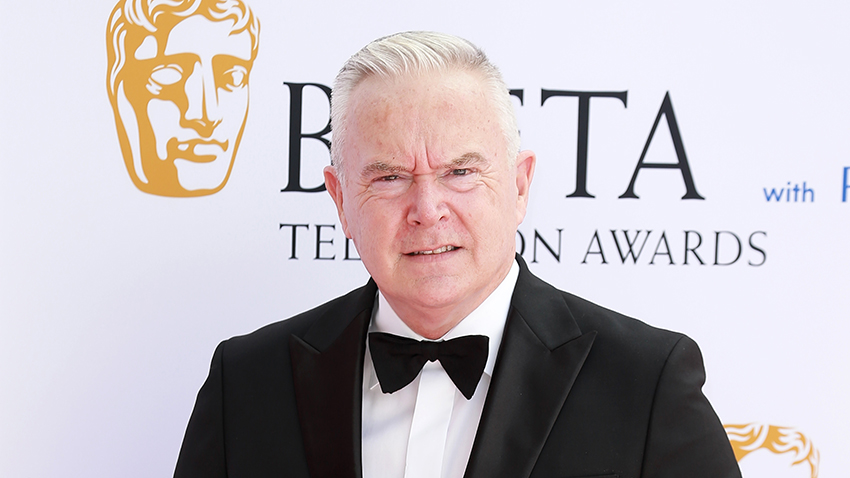The BBC has officially requested that Huw Edwards return more than £200,000 of his salary, following his arrest and subsequent guilty plea to charges related to child abuse images.
The corporation’s board stated that Edwards “behaved in bad faith” by continuing to accept payments after his arrest, which took place in November last year.
Edwards, a prominent presenter, was suspended in July 2023 after allegations surfaced that he had paid a young person for sexually explicit images. The situation escalated when South Wales Police uncovered 37 indecent images of children on a WhatsApp account linked to Edwards, including seven in the most serious category, Category A.
In a statement released on Friday, the BBC board criticised Edwards for bringing the organisation “into disrepute” and undermining public trust. The board highlighted that if Edwards had disclosed his arrest at the time, he would not have continued to receive public funds.
The BBC’s director-general, Tim Davie, who confirmed last week that the organisation was aware of Edwards arrest for possessing the images, has received backing from the board for his handling of the case. However, the situation has sparked a broader discussion about the culture within the BBC, particularly concerning power imbalances and the protection of staff.
Culture Secretary Lisa Nandy joined the BBC in calling for the return of the funds, emphasising the importance of public trust in the corporation. She also welcomed an independent review into the organisation’s culture following the Edwards case, stressing that BBC staff must feel safe and confident that their concerns will be addressed fairly and decisively.
The BBC’s internal reaction to the revelations has been marked by significant anger. BBC chairman Samir Shah expressed his dismay in a letter to staff, stating that Edwards had “betrayed the trust of staff and our audiences in the most egregious possible way.” Shah described Edwards actions as a “shock” and acknowledged the challenges faced by the corporation’s executives in navigating the complex situation.
While the BBC’s demand for the return of Edwards salary is primarily a moral stance, the corporation has not ruled out potential legal action to recover the funds. The issue also highlights the need for clearer protocols regarding the suspension of employees under investigation and the management of their remuneration during such periods.
The fallout from this scandal is likely to have lasting implications for the BBC, as it grapples with restoring public confidence and ensuring that it upholds the highest standards of conduct within its ranks.

